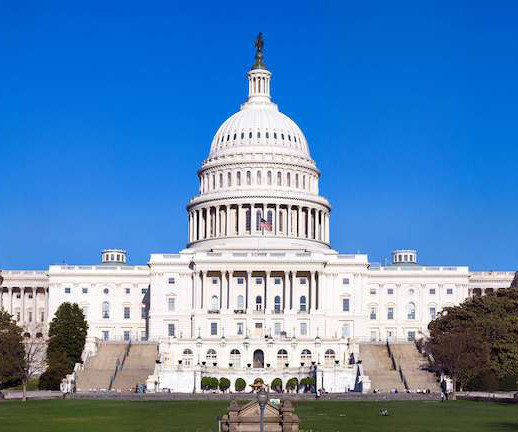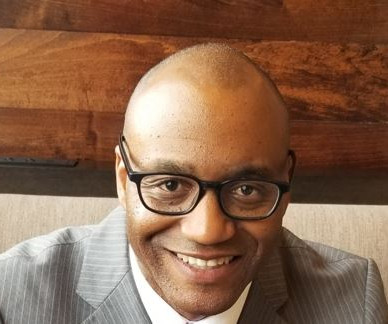Updated educational attainment data show progress and gaps
Confessions of a Community College Dean
FEBRUARY 1, 2023
This increase marks the largest two-year jump in educational attainment since the project began in 2008, when the share of working-age adults with a degree was only 37.9 Among other policy solutions, she believes the federal government should invest in resources that help students afford and complete college, such as doubling the Pell Grant.


















Let's personalize your content